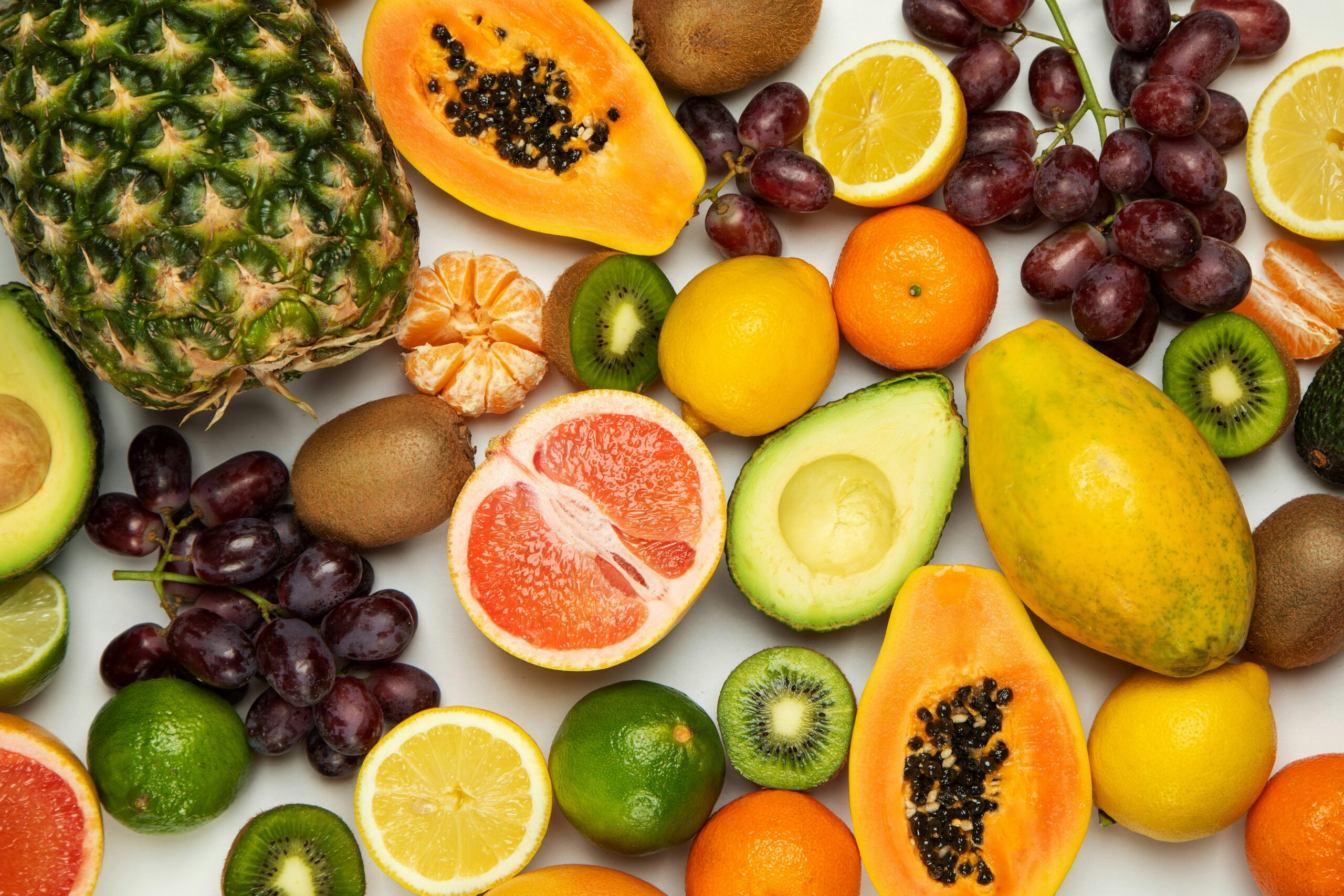
24 Sep Why Every Restaurant Needs a HACCP Plan
Running a restaurant isn’t just about serving great food — it’s also about ensuring food safety. A HACCP plan (Hazard Analysis and Critical Control Points) is one of the most effective systems restaurants can use to reduce risks and protect their customers.
While HACCP plans are well-known in food manufacturing, they are also becoming increasingly common in restaurants and foodservice businesses that want to improve food safety compliance, customer trust, and operational efficiency.
What is a Restaurant HACCP Plan?
A restaurant HACCP plan is a written, step-by-step system that identifies potential hazards in your kitchen and outlines how to prevent them. It ensures that biological, chemical, and physical risks are managed before food ever reaches your customers.
A HACCP plan for restaurants typically includes:
-
Receiving & storage procedures (temperature checks for meat, dairy, seafood)
-
Cooking guidelines (minimum internal temperatures)
-
Cooling & reheating controls
-
Cross-contamination prevention (allergen management, raw vs. cooked foods)
-
Cleaning & sanitation protocols
-
Recordkeeping and monitoring logs
Which Food Categories Benefit the Most from HACCP?
While HACCP can be applied to any food business, certain high-risk categories especially benefit from a structured HACCP system:
-
Seafood – Required by the FDA, seafood is highly perishable and prone to bacterial growth if not handled properly.
-
Meat & Poultry – USDA requires HACCP for these categories due to risks of pathogens like Salmonella and E. coli.
-
Juice & Beverages – Juice HACCP is mandatory because of contamination risks such as E. coli O157:H7.
-
Dairy Products – Milk, cheese, and yogurt require strict temperature controls to prevent spoilage and contamination.
-
Prepared Foods / Ready-to-Eat Meals – Restaurants offering buffets, catering, or packaged meals benefit from HACCP to ensure safety across multiple prep stages.
-
Allergen-Sensitive Foods – Restaurants dealing with nuts, gluten, soy, or dairy can use HACCP to prevent cross-contact and improve allergen labeling compliance.
Why HACCP is Essential for Restaurants
-
Compliance: Some states and local health departments require HACCP plans for sushi bars, juice service, or catering operations.
-
Customer Safety: Prevents foodborne illness outbreaks that could damage your reputation.
-
Operational Efficiency: Establishes clear procedures for staff, reducing mistakes and improving consistency.
-
Market Advantage: Many distributors and retail partners prefer working with food businesses that already have HACCP or food safety certifications.
How United Food Labs Helps Restaurants with HACCP
At United Food Labs, we create customized HACCP plans for restaurants, catering companies, ghost kitchens, and food manufacturers. Our certified food scientists develop practical, compliant plans that meet FDA, USDA, and state health department standards.
Whether you serve seafood, meat, beverages, or ready-to-eat meals, we’ll ensure your HACCP plan protects your customers and your brand.
📞 Contact us today at 818-749-2751 or info@unitedfoodlabs.com to get started.
